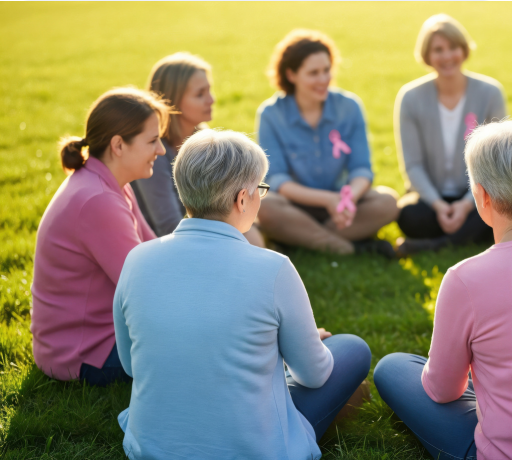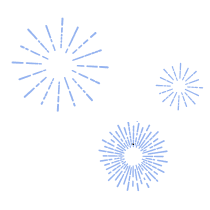
October is Breast Cancer Awareness Month – a time to come together in education, awareness, and support. The pink ribbon you see this time of year is more than just a color; it is a powerful symbol of hope, strength, and unity. It reminds us to honor survivors, support loved ones and raise awareness about the importance of early detection. This message is about your health, your future, and your story.
Whether you are a breast cancer survivor, know someone who has battled it, or are simply learning more, this month is a great time to take a closer look at your own breast health and encourage those around you to do the same.
A Vision of Strength
Donna is 68 years old and lives in a small town in the mountains. She enjoys gardening, baking bread, and meeting her friends at the library book club. At her last check-up, her provider reminded her it was time for a mammogram. She almost skipped it because she felt fine, but she decided to go. That choice changed everything. The mammogram showed a small area of concern that she could not feel. Because breast cancer was caught early, she had treatment and is now in remission.
Donna’s story is not about fear. It is about strength, self-care, and making one simple decision that protected her future.
Why This Matters More After 65
Breast cancer is not only a concern for younger women. In fact, the risk goes up as we age. Most breast cancers are found in women who are 55 or older, and early detection is the key to better outcomes. This means that if you are 65 or older, mammograms and regular self-checks are still very important.
Your body changes over the years and so does the way cancer can show up. Sometimes, there are no symptoms you can see or feel. That is why screenings are so powerful. They can find something before it becomes bigger and harder to treat.
Myth or Fact? Let’s Find Out!
Test your knowledge with this quick quiz:
- If I feel fine, I do not need a mammogram.
- Myth. Many women with breast cancer have no symptoms at first.
- Breast cancer only affects women.
- Myth. Men can get breast cancer too, although it is less common
- A family history means I will definitely get breast cancer.
- Myth. It raises your risk but maintaining a healthy lifestyle and regular screenings still make a big difference.
- I can check my breasts myself and skip the provider visit.
- Myth. Self-checks are important, but they do not replace mammograms or exams by a healthcare professional.
- Early detection can save lives.
- Fact. Finding cancer early can often improve results.
Simple Steps to Protect Yourself
Breast health does not have to be complicated. Here are a few simple things you can do:
- Get your mammogram. Talk to your provider about how often you should have one. Most women over 65 should still get them every 1 to 2 years.
- Know your family history. Share it with your provider so they can help guide your care.
- Live a healthy lifestyle. Eat well, stay active, and avoid smoking. These habits help your overall health too.
Overcoming Common Concerns
Others may feel nervous about what the results might show. Remember, finding something early is the best chance for successful treatment. Waiting will not make it go away, but early action can make all the difference.
Awareness in Action
As we observe Breast Cancer Awareness Month, remember that every step toward knowledge, early detection, and support matters. Take time to schedule your breast health screenings, care for your own well-being, and encourage loved ones to do the same. Together, we can celebrate the strength of survivors, support those affected, and continue spreading hope, awareness, and empowerment this October and every month.
What’s Next?
If you are a current Hopscotch patient, talk to your care team about your screening schedule and any questions you may have. If you are new to Hopscotch, we welcome you to reach out and learn more about our services. We are here to be your trusted partner throughout your health journey.

